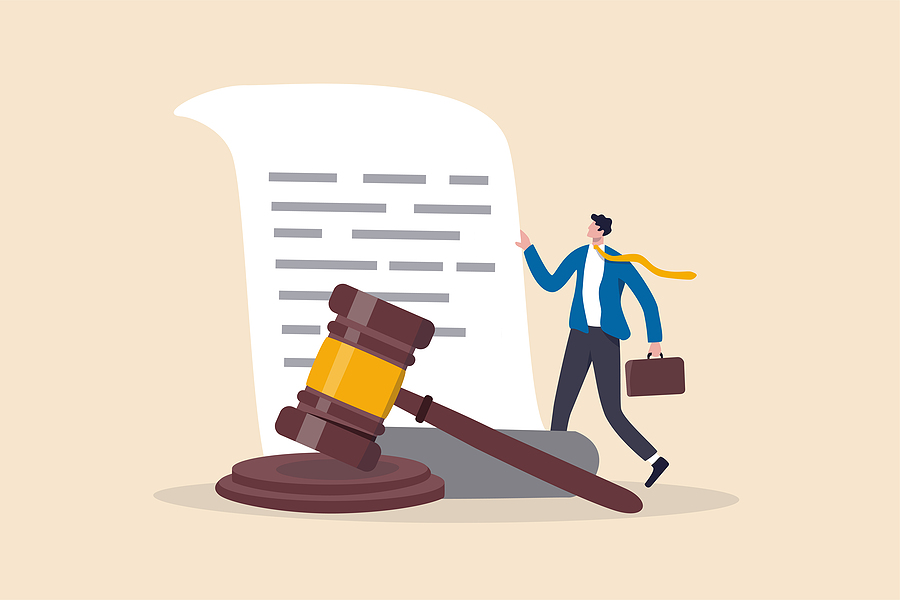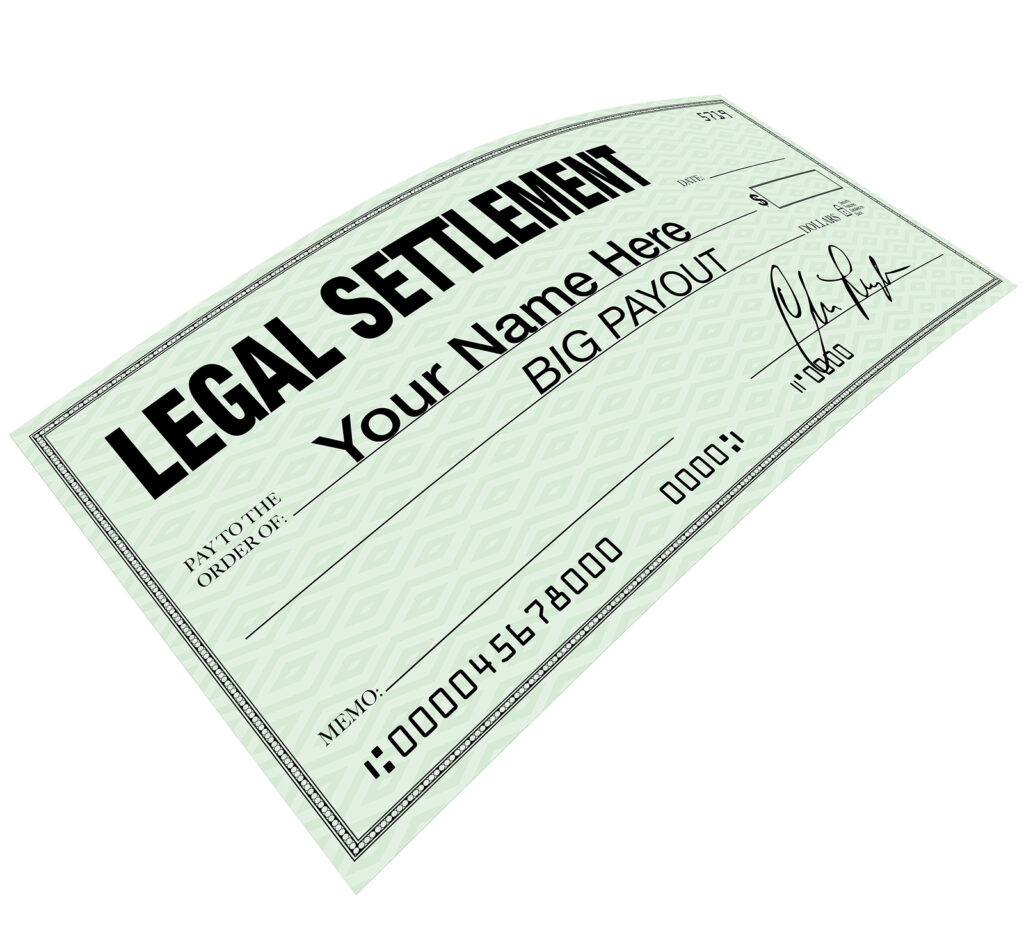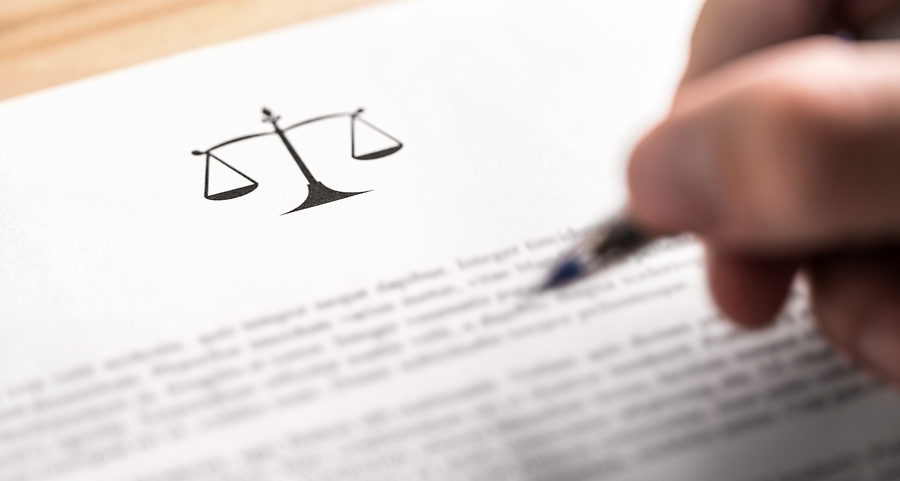After sustaining serious injuries in a wrongful auto accident, you may be entitled to pursue legal action against the negligent party to obtain compensation for medical bills and similar economic damages. If you obtain a settlement or judgment against the negligent party, their insurance carrier will pay the settlement of judgment, up to the negligent party’s liability insurance limits.
The best strategy for obtaining a full and fair car accident injury settlement is to hire a licensed and experienced personal injury attorney who specializes in motor vehicle accident claims. From there, they may implement an effective strategy to support the full value of your claim that involves creating a solid letter of demand to the at-fault driver’s insurance carrier. A demand letter is a formally written document that becomes the basis for negotiating compensation for your resulting damages and losses.
Continue below to learn what you need to know about car accident claim demand letters, including what they entail, why most cases require one, and why you should never attempt to write your own.

The General Template for a Demand Letter
Demand letters are written with a strict focus on facts first, followed by opinions. Facts that are generally included in a demand letter are as follows:
Description of why the claimant believes the other party is to blame. Did they run a red traffic light? Or maybe they neglected to stop at a stop sign? Whatever the violation or cause may be, it should be included in the demand letter.
Description of ALL injuries sustained by the claimant, how they were sustained, how they are being treated, and how the injury or wound is healing or is healed.
A breakdown of all medical-related financial losses associated with the accident, including hospital bills, medical expenses, and any other evidence and documents showing missed time at work, physical therapy, counseling, medical equipment and supplies, fuel costs traveling to and from medical appointments, and similar losses.
Information about an IUM claim, if applicable. This is when the other person does not have insurance, or their insurance wasn’t enough to cover the medical expenses and other damages and losses.
This typically completes the introduction of a demand letter. Next is the actual demand section. The demand segment of the letter requires a different set of guidelines that should be followed by the claimant and their legal team. In this section, claimant’s demand compensation for:
Medical Expenses – The hospital can provide documents proving a claimant’s injuries and the treatments that followed. Claimants can also provide bank statements, invoices, and other forms of billing evidence that shows the dollar amount associated with the medical treatment.
Liability – Description of how the accident happened and why the other driver was at fault. This should include police reports, photos and witness statements to support the allegations.
Lost Income – All information on the total amount of lost wages incurred because of the injury. Description of how the injury affected the victim’s ability to work and make money, plus proof on how much time they had to take off from work.
Comparative Negligence – If the defendant’s insurance company attempts to argue comparative fault on the party of the plaintiff/claimant, the plaintiff/claimant’s attorney can argue the facts to the insurance adjuster on why such an argument is without merit.
Emotional Distress and Pain and Suffering – Description of injuries sustained and how they have affected the victim’s everyday life, including pain and suffering and relationships, and more. Also, a detailed description of the injuries and accident and how they have caused the victim suffering and trauma.
What to Keep in Mind as You Proceed With Your Auto Accident Claim
Demand letters are important ways to begin the negotiation process of a car accident claim. They can be complicated and could possibly make or break your compensation claim all together. It is strongly encouraged to hire a seasoned Indiana personal injury law firm to navigate all elements of your claim, including writing your demand letter.
Are you looking for a qualified Indiana auto accident lawyer who can represent your best interests in a car accident claim? Contact the Law Office of Craven, Hoover, and Blazek P.C. at 317-881-2700 to schedule a free consultation with a seasoned car accident attorney in Indianapolis, Indiana who knows how to obtain the maximum settlement or verdict for your claim. We represent victims all throughout the state and Indiana residents injured in other states.
Related Posts:
What is a Reservations of Rights Letter?
The Difference Between a Reservations of Rights Letter and a Demand Letter
The Importance of Documentation in a Personal Injury Case





